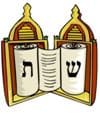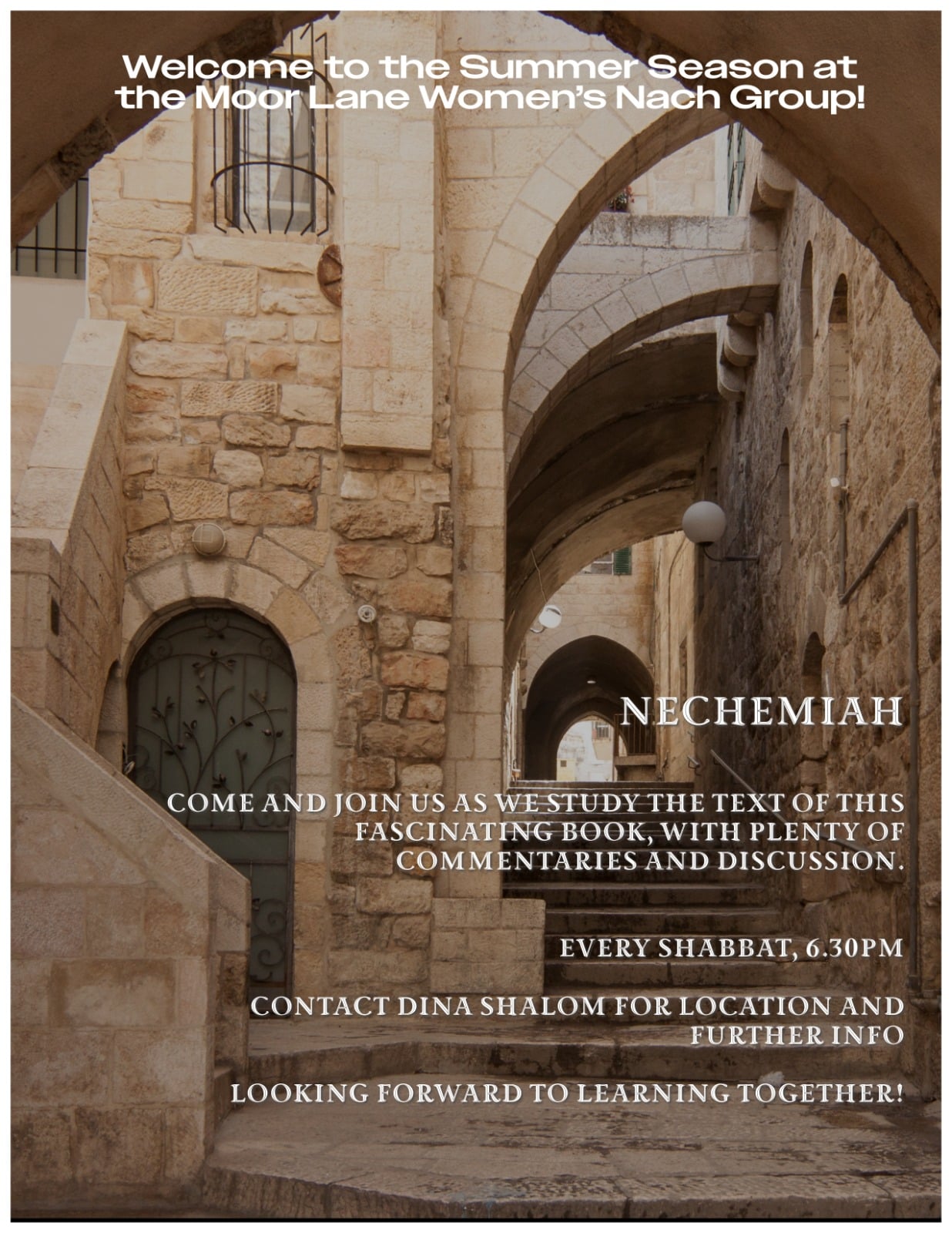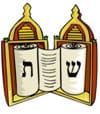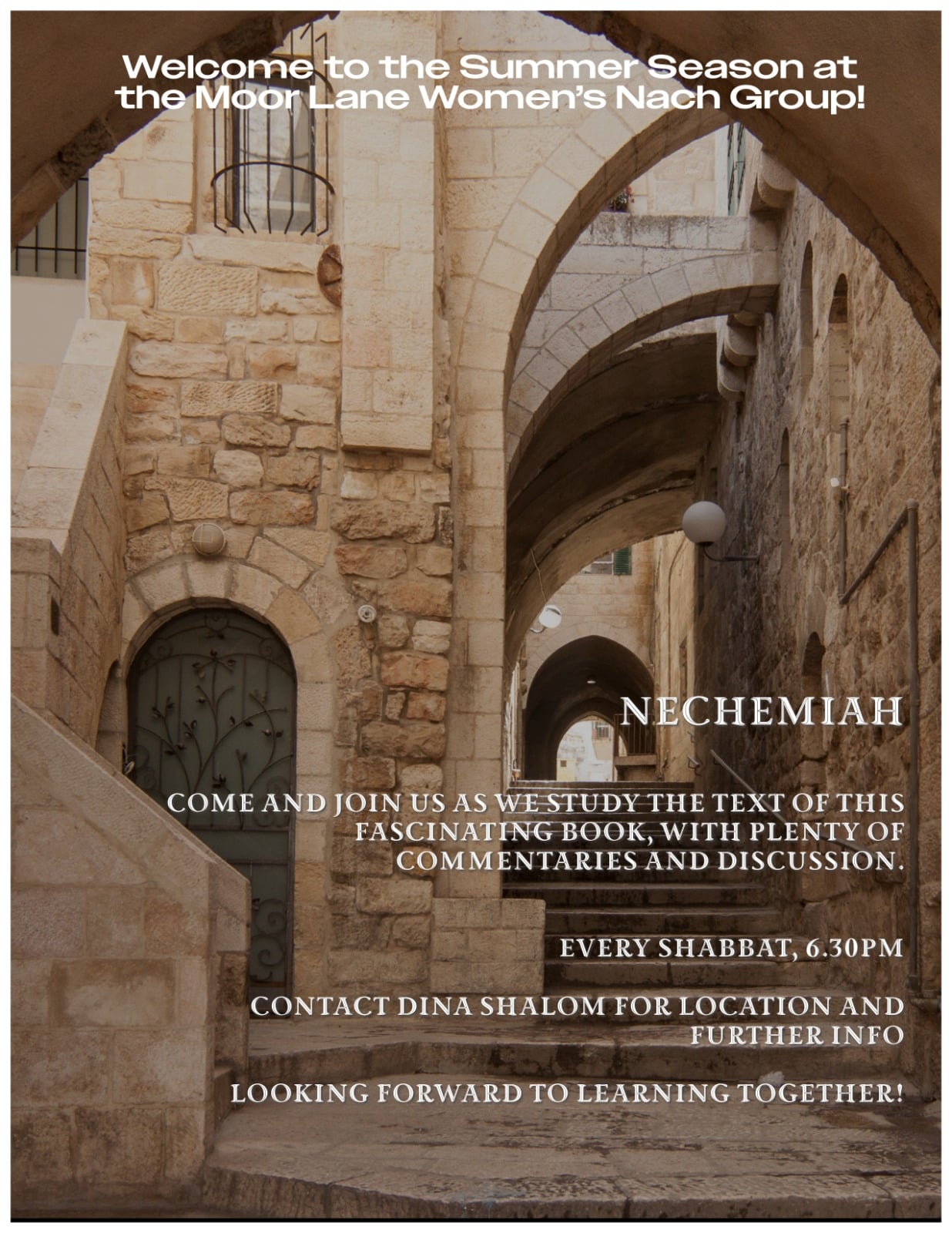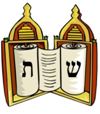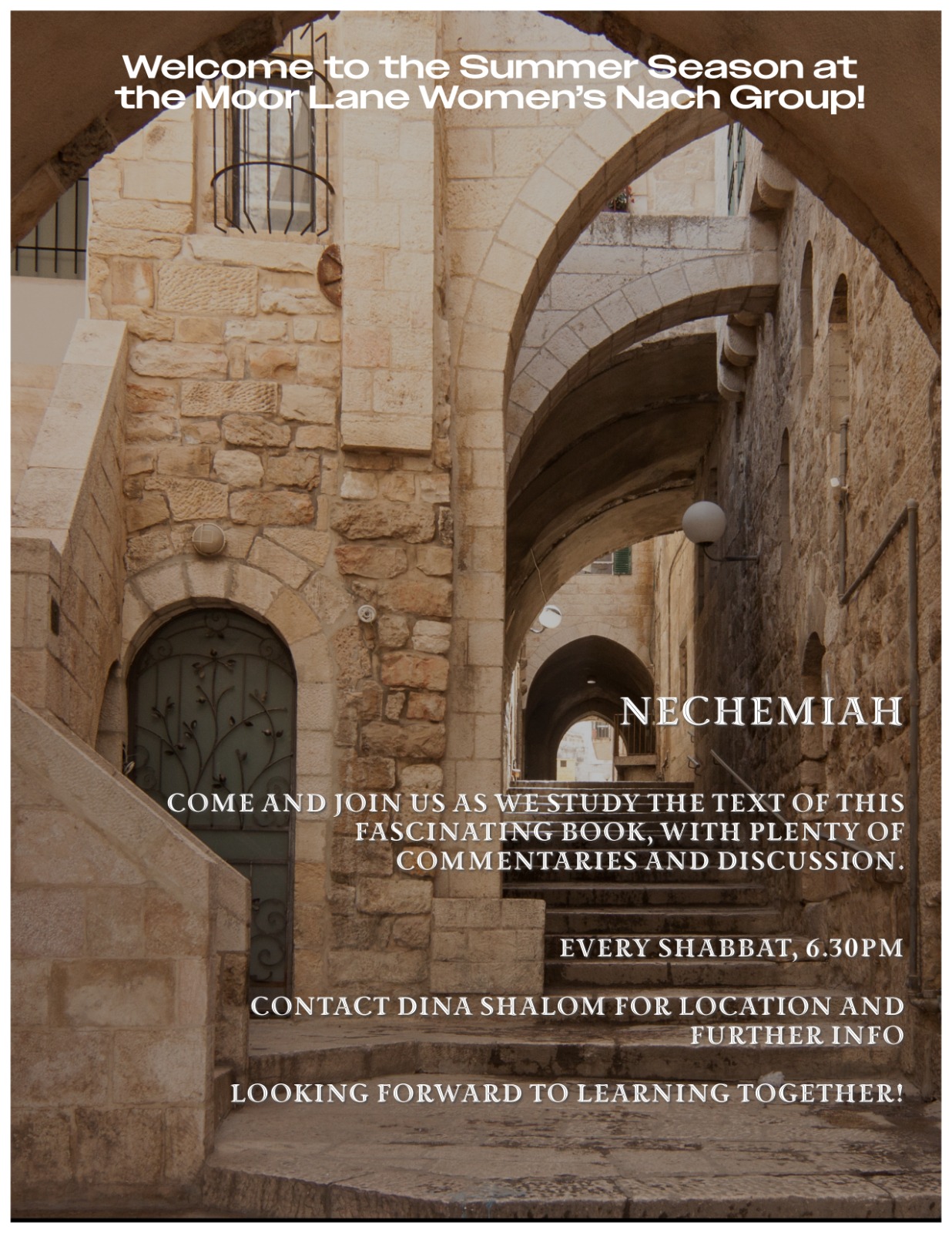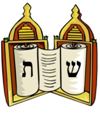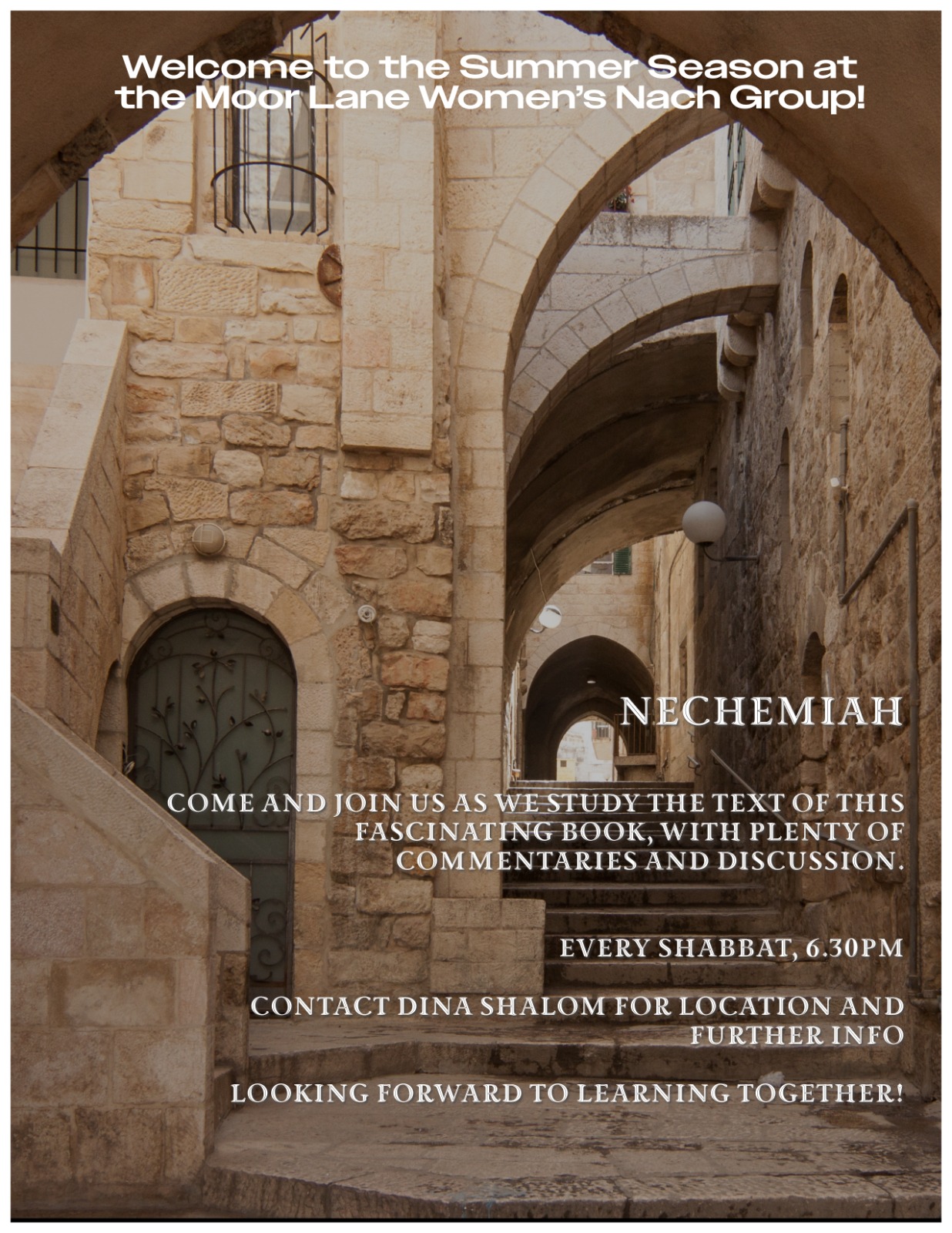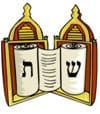
ק׳ ק׳ שׁערי תפילה

*********

![]()
| 2448 | (1312) | Spies return from 40 days in Israel with evil reports of the Land of Israel. Jewish people cry in despair, give up hope of entering the Land of Israel. |
| 3340 | (421) | Destruction of First Temple by the Babylonians, under Nebuchadnezar. About 100,000 Jews killed during invasion. Exile of remaining tribes in southern kingdom to Babylon and Persia. |
| 3830 | 70 | Destruction of Second Temple by Romans, under Titus. Over 2,500,000 Jews die as a result of war, famine and disease. Over 1,000,000 Jews exiled to all parts of the Roman Empire. Over 100,000 Jews sold as slaves by Romans. Jews killed and tortured in gladiatorial “games” and pagan celebrations. |
| 3892 | 132 | Bar Kochba revolt crushed. Betar destroyed – over 100,00 killed. |
| 3893 | 133 | Turnus Rufus ploughs site of Temple. Romans build pagan city of Aelia Capitolina on site of Jerusalem. |
| 4855 | 1095 | First Crusade declared by Pope Urban II. 10,000 Jews killed in first month of Crusade. Crusades bring death and destruction to thousands of Jews, totally obliterate many communities in Rhineland and France. |
| 5050 | 1290 | Expulsion of Jews from England, accompanied by pogroms and confiscation of books and property. |
| 5252 | 1492 | Inquisition in Spain and Portugal culminates in the expulsion of the Jews from the Iberian Peninsula. Families separated, many die by drowning, massive loss of property. |
| 5674 | 1914 | In the morning of August 1, Germany declared war on Russia, and that afternoon Russia declared war on Germany. With the war on Germany, Russia declares war on its own Jews with massive deportations, tens of thousands of Jewish hostages, and bloody army-organized pogroms along the entire front line. This Khurbm, the first 20th-century genocide, resulted in more than 300,000 Jewish civilian deaths. |
| 5702 | 1942 | Deportations from Warsaw Ghetto to the Treblinka concentration camp begin. |
| 5749 | 1989 | Iraq walks out of talks with Kuwait. |
| 5754 | 1994 | The deadly bombing the building of the AMIA (the Jewish community center in Buenos Aires, Argentina) which killed 86 people and wounded some 300 others. |
******
SAVE THE DATE
ב׳ אלול
Tuesday 26th August
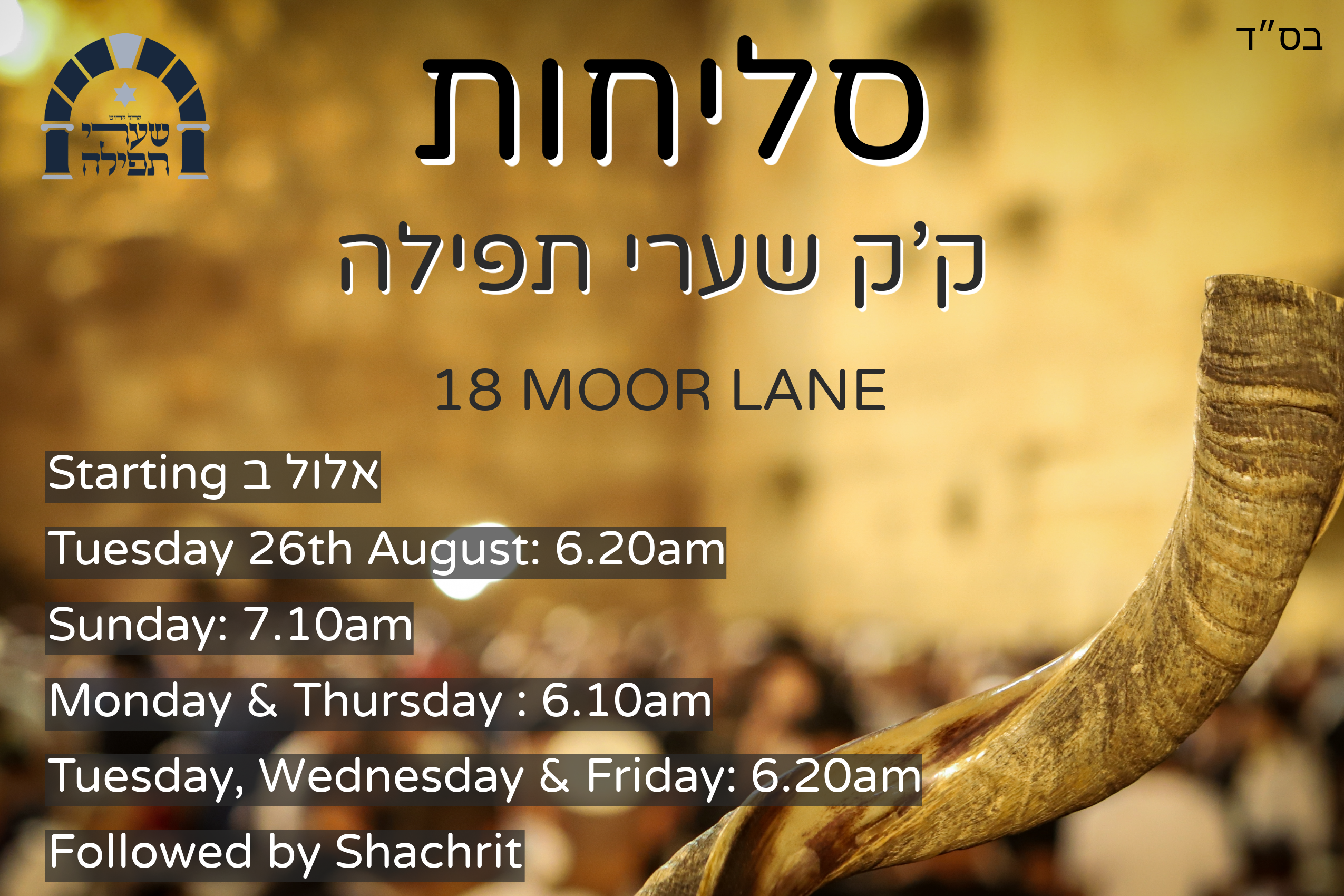
*****
לוח זמני תפלה לקיץ תשפ״ה
Summer Timetable 5785 – 2025
מוצאי שבת | ערבית )מוצ”ש( | שקיעה | סוף זמן קראת שמע | זמן שבת | פלג מנחה (תה״ד) | פלג מנחה (לבוש) | מנחה וקבלת שבת | תאריך | שבת פרשת |
Shabbat Ends | Arbit | Sunset | Shema to be read before | Candles to be |
| Earliest Candle lighting | Minha & Kabbalat Shabbat* | Date | Parasha |
PM | PM | PM | AM | PM | PM | PM | PM |
|
|
9:48 | 9:44 | 8:48 | 9:26 | 8:36 | 7:52 | 7:17 | 7:00 | 8/9 Aug | ואתחנן (שבת נחמו) |
9:31 | 9:27 | 8:33 | 9:31 | 8:21 | 7:39 | 7:05 | 6:45 | 15/16 Aug | עקב |
9:13 | 9:09 | 8:18 | 9:36 | 8:06 | 7:25 | 6:52 | 6:45 | 22/23 Aug | ראה (ש''מ) (מחר |
8:55 | 8:51 | 8:02 | 9:41 | 7:50 | 7:11 | 6:39 | 6:45 | 29/30 Aug | שופטים |
🕯️SUMMER TIMES FOR SHABBAT 🕯️
שבת
קרבנות
9:00 am
הודו
9:15 am

מנחה
6:30 pm
****
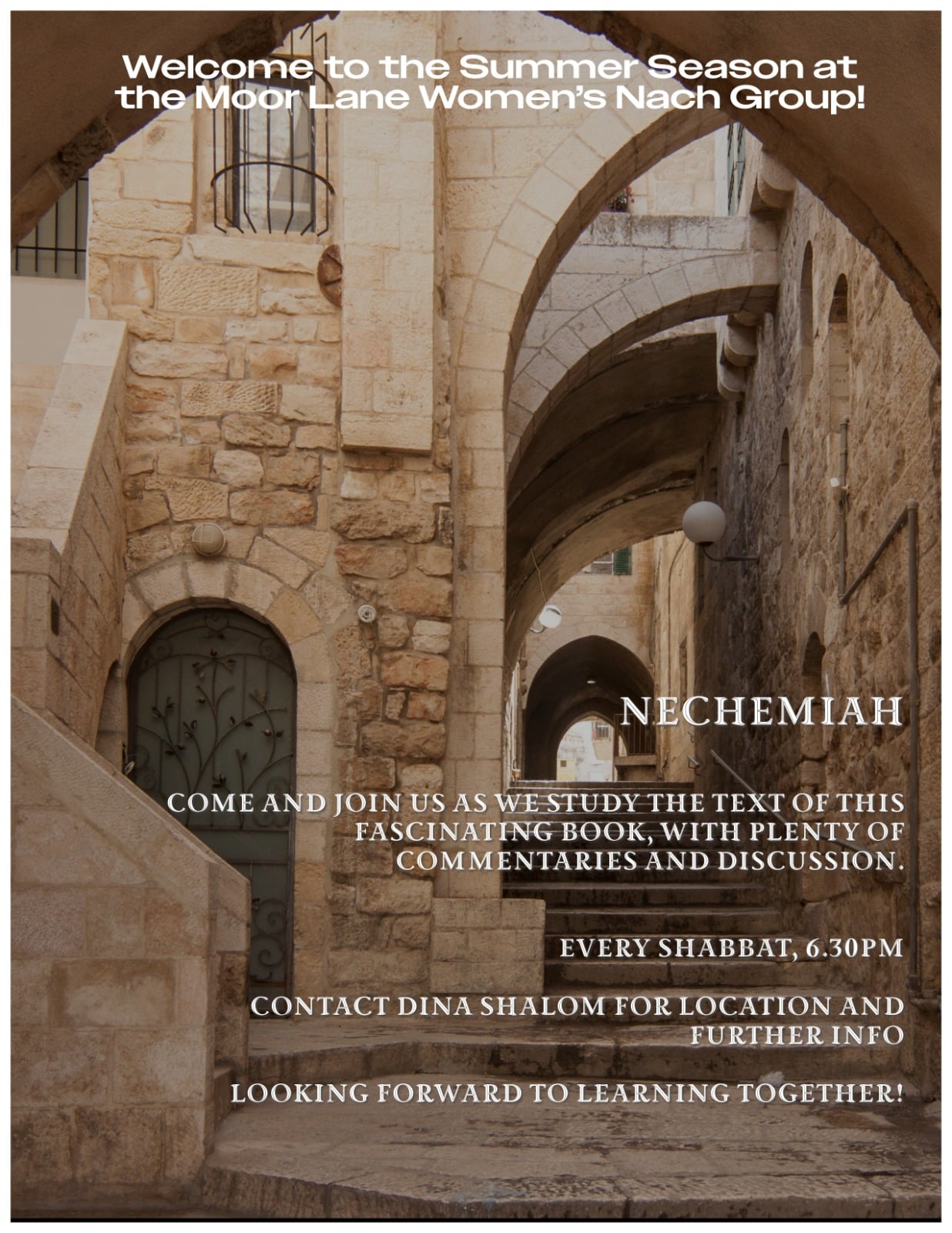
There will be 📜 Nach Group
🗓️ THIS WEEK
and then will be having a ⛱️ break
for the 🌅 Summer Holidays
and will resume end of August.
👉 Stayed tuned for updates on the upcoming
Grand Siyum 🎉
****
This Torah portion begins the last of the Five Books of The Torah, Sefer Devarim. This Book is also called Mishneh Torah, “Repetition of the Torah” (hence the Greek/English title “Deuteronomy”). Sefer Devarim relates what Moshe told the Jewish People during the last five weeks of his life, as they prepared to cross the Jordan River into the Land of Israel. Moshe reviews the mitzvahs with the people, stressing the change of lifestyle they are about to undergo — from the supernatural existence of the desert under Moshe’s guidance, to the apparently natural life they will experience under Yehoshua’s leadership in the Land.
The central theme this week is the sin of the spies, the meraglim. This Torah portion opens with Moshe alluding to the sins of the previous generation who died in the desert. He describes what would have happened if they had not sinned by sending spies into Eretz Yisrael. Hashem would have given them, without a fight, all the land from the Mediterranean to the Euphrates, including the lands of Ammon, Moav and Edom.
Moshe details the subtle sins that culminate in the sin of the spies, and reviews at length this incident and its results. The entire generation would die in the desert and Moshe would not enter Eretz Yisrael. He reminds them that their immediate reaction to Hashem’s decree was to want to “go up and fight” to redress the sin. He recounts how they would not listen when he told them not to go, and that they no longer merited vanquishing their enemies miraculously. They had ignored him and suffered a massive defeat. They were not allowed to fight with the kingdoms of Esav, Moav or Ammon. These lands were not to be part of the map of Eretz Yisrael in the meantime. When the conquest of Canaan will begin with Sichon and Og, it will be via natural warfare.
Ohr Somayach Institutions www.ohr.edu

דין סעודה מפסקת של ערב תשעה
באב שחל בשבת
ערב תשעה באב, אסרו חכמים לאכול
בשר ולשתות יין בסעודה המפסקת, (היא הסעודה שאוכל לפני תחילת הצום, אחר חצות
היום). וכן אסרו לאכול שני תבשילים בסעודה המפסקת, וישנם כמה פרטי דינים בזה. אולם
בשנה זו (תשפ״ה) שיום תשעה באב יחול ביום ראשון, נמצא שערב תשעה באב חל ביום
השבת, ולפיכך, מפני כבוד שבת, שלא
יהא אדם נוהג דין אבלות בשבת, אמרו חכמים שבסעודה זו (שהיא סעודה שלישית של שבת
קודם תחילת התענית), אוכל אדם ושותה כל צרכו, ומעלה על שולחנו אפילו כסעודת שלמה
בשעתו.
ובדברי
הפוסקים מצאנו בביאור דברי רבותינו שני פירושים, שיש אומרים שמה שאמרו רבותינו
שאדם מעלה על שולחנו אפילו כסעודת שלמה בשעתו, אין הכוונה בזה שאסור להמנע ממאכלי
בשר ושתיית יין ביום השבת, אלא שאם רוצה אדם לאכול בשר ויין בסעודה זו, רשאי לעשות
כן, אבל
בכל זאת ראוי להימנע מאכילת בשר ושתית יין וכדומה בסעודה מפסקת אף על פי שהיא חלה
ביום שבת, וזאת מפני אסונינו הגדול בחורבן הבית.
ומכל
מקום דעת רוב רבותינו הראשונים, שאין להמנע מאכילת בשר ושתיית יין ביום שבת אף
בסעודה המפסקת, מפני כבוד השבת. ובספר שבלי הלקט (לרבינו צדקיה בן רבי אברהם הרופא
שחי לפני כשמונה מאות שנה בעיר רומא שבאיטליה), הביא תשובת רבינו קלונימוס איש
רומי שהשיב לרבי יקר, שאם חל תשעה באב ביום ראשון התירו הגאונים לאכול בשר ולשתות
יין בסעודה המפסקת, מפני כבוד שבת, ואין צריך לשנות שולחנו בשבת, ובלבד שיש לו
לישב בדאבת נפש שלא לנהוג בשמחה.
וכן
עיקר להלכה שבסעודה מפסקת שחלה ביום שבת, כמו בשנה זו (תשפ״ה), אין להימנע
מאכילת בשר וכדומה (וכן מותר לשיר זמירות שבת בסעודה זו מפני כבוד השבת)
The Laws of the Last Meal before the Fast of Tisha Be’av
which Falls on Shabbat
On Erev Tisha Be’av, our Sages
prohibited eating meat and drinking wine during the last meal before the onset
of the fast of Tisha Be’av held after halachic mid-day. They likewise forbade
eating two cooked foods during this meal.
Nevertheless, this year, 5785, since the fast of Tisha Be’av is observed on
Sunday, “Erev Tisha Be’av” will therefore coincide with Shabbat. Thus, in honor
of Shabbat, so that one does not observe mourning customs on Shabbat, our Sages
said that during this meal (which is actually Se’uda Shelishit, the third
Shabbat meal and the last meal before the fast) one may eat and drink his fill
and “one may serve on his table like a feast of King Solomon during his reign.”
Among the Rishonim, we find two different ways to explain this statement of our
Sages: Some explain that when they said that “one may serve on his table like a
feast of King Solomon during his reign,” they did not mean that one may not
abstain from eating meat and drinking wine; rather, if one wishes he may eat
meat and drink wine during this meal. It is nevertheless preferable to abstain
from eating meat and drinking wine during the last meal before the fast of
Tisha Be’av even when Erev Tisha Be’av falls out on Shabbat in commemoration of
the great tragedy of the destruction of the Bet Hamikdash.
On the other hand, most Rishonim explain that one should not abstain from
eating meat and drinking wine on Shabbat, even during the last meal before the
fast of Tisha Be’av, in honor of Shabbat. The Sefer Shiboleh Ha’Leket (authored
by Rabbeinu Tzidkiyah ben Rabbi Avraham Ha’Rofeh who lived in Rome
approximately eight hundred years ago) quotes a responsa by Rabbeinu Klonimus
of Rome who wrote to Rabbeinu Yakar that if Tisha Be’av falls out on Sunday,
the Geonim permitted one to eat meat and drink wine during the last meal before
the fast in honor of Shabbat. One need not lack anything from his table as long
as he sits and eats solemnly and does not act joyfully.
The Halacha indeed follows this opinion that during the last meal before the
fast of Tisha Be’av which is being held on Shabbat which will be the case this
year, 5785, one should not abstain from eating meat and the like (one may
likewise sing Shabbat songs during this meal in honor of Shabbat).
